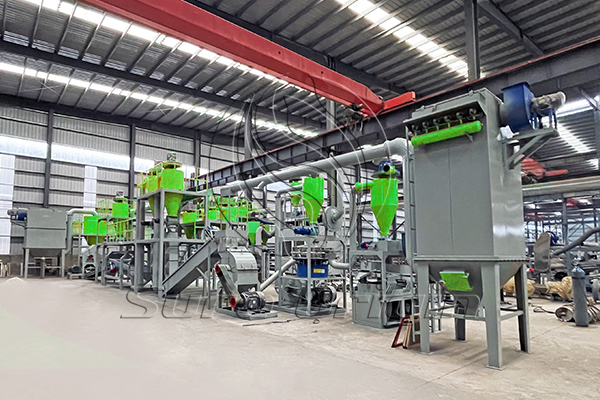As the demand for lithium-ion batteries surges in electric vehicles (EVs), electronics, and renewable energy storage, recycling these batteries
has become both an environmental necessity and a profitable business opportunity. However, setting up a lithium battery recycling plant
requires significant investment. This article breaks down the cost factors, key components, and ROI considerations to help you plan your recycling venture.
Why Invest in a Lithium Battery Recycling Plant?
Before diving into costs, let’s examine why lithium battery recycling is a growing industry:
- Environmental Regulations: Governments (EU, USA, China) enforce strict e-waste recycling laws.
- Resource Scarcity: Recovering lithium, cobalt, nickel, and copper reduces mining dependency. - Economic Value: High metal recovery rates (up to 95%)
make recycling profitable.
- EV Market Growth: By 2030, over 10 million tons of lithium batteries will need recycling annually.
A lithium battery recycling plant is a capital-intensive but highly rewarding investment due to rising EV demand and metal prices. By analyzing technology
choices, operational costs, and market trends, businesses can build a sustainable and profitable recycling operation.

Please leave your contact information and requirements, so that our professional team can contact you ASAP.